When it comes to medicinal mushrooms, reishi is one of the most popular species available.
What are the benefits of reishi mushrooms? Reishi mushrooms can boost your immune system and help fight off bacteria and viral infections. They also show promising applications for treatment of cancer, diabetes, chronic fatigue syndrome, a range of autoimmune disorders and allergies, plus lots more.
In this article, you’ll learn about the history of the reishi mushroom and where it grows. You’ll also find out how to consume it, and all of its health benefits (plus the scientific studies to back it up!)
History of Reishi Mushroom
The mushroom Ganoderma lucidum goes by many different names. Reishi is the most popular in the West. But it’s also referred to as Lingzhi, king of mushrooms, soul mushroom, and many other names.
Whatever you choose to call it, this mushroom has a long and rich history of medicinal use. It is one of many mushrooms with medicinal benefits.
Chinese healers began to use the mushroom in the Changbai mountain range in Northern China during the Han dynasty more than 2,000 years ago. In Chinese, the word lingzhi (靈芝) literally translates as “the mushroom of immortality,” “magic fungus” or “divine mushroom.”
Traditional Chinese medicine categorizes mushrooms into 6 categories that correspond to different areas of the body:
- Green mushrooms for the liver
- Yellow mushrooms for the spleen
- White mushrooms for the lungs
- Black mushrooms for the kidneys
- Red mushrooms for the heart
- Purple mushrooms for the “essence”
Reishi mushrooms are categorized as red mushrooms for the purposes of traditional Chinese medicine and they’re mainly used to treat binding in the chest and the heart qi (or energy.)
However, it’s also used to improve memory, sharpen the wits and prevent senility, and even allegedly prolong life to make someone immortal!
The reishi mushroom is depicted throughout Chinese society. The mushroom is depicted in art at the Forbidden City and other prominent locations throughout China to symbolize longevity and strong health.
Guanyin, a Chinese goddess of healing is typically depicted holding a reishi mushroom. And reishi is generally considered a talisman for good luck.
Wild reishi can be difficult to find in the wild. Before it began being grown commercially in more recent times, it was only available to nobility.
Where Does Reishi Grow?
Reishi naturally grows mostly throughout the temperate and tropical regions in Asia. Although it is found worldwide. It grows at the base of deciduous trees, especially maple.
Out of 10,000 maple trees that meet the right conditions to grow reishi, only about 2 or 3 will actually have reishi growth, which makes the mushroom extremely rare in the wild.
A similar species called Ganoderma tsugae prefers to grow on conifers, mostly hemlocks, in North America. Similar types of Ganoderma mushrooms have also been found growing in the Amazon.
Today reishi is grown all over the world on wood chips, blocks of sawdust, and hardwood logs.
Depending on the conditions and materials used to grow reishi, it can either grow into a large umbrella cap or more of an antler shape.
The Science Behind Reishi Mushrooms
Reishi mushrooms produce a group of compounds called ganoderic acids.
These are molecularly similar to steroid hormones, which are substances in the human body that control a wide range of functions including metabolism, immunity, inflammation, the ability to withstand injuries and illness, salt and water balance, and more.
Reishi also contains polysaccharides such as coumarin, beta glucan, mannitol, and alkaloids.
Reishi mushrooms are also full of compounds called triterpenes which help with vital organ function and oxygen utilization in the body. It’s believed that triterpenes are what give reishi mushrooms their bitter taste.
In their fresh state, reishi mushrooms are about 90% water by weight. The remaining volume consists of between 10 and 40% protein, 3 to 38% carbohydrate, 3 to 32% fiber, and 2 to 8% fat. They also contain vitamins and minerals including calcium, potassium, magnesium phosphorus, selenium, zinc, iron, and copper.
Mushroom proteins are especially rich in the essential amino acids leucine and lysine. In their concentrated forms, these amino acids are used to improve athletic performance and treat cold sores.
How To Consume Reishi Mushrooms
Reishi are polypore mushrooms, which are a woody bracket fungi that grows on tree trunks.
While reishi mushrooms are edible, you wouldn’t want to eat them the way that you consume most other edible mushrooms.
The texture of eating a reishi mushroom would be pretty unpleasant, like a mix between a piece of tree bark and a piece of styrofoam. In its raw state, it also has quite a bitter and unpleasant taste.
So to consume reishi, it’s traditionally made into a hot water extract (a soup or tea.) Fresh or dried pieces of reishi are sliced up or pulverized into a powder and added to boiling water.
The mushroom is then left to simmer for about two hours. Sometimes this process is repeated to make the liquid even more concentrated.
This creates a dark and bitter tasting drink. Red reishi mushrooms also tend to be more bitter than the black variety.
In modern times, reishi mushrooms are now made into an extract. You can take them in a liquid, powder, or capsule form that greatly or completely eliminates the unpleasant bitter flavor associated with the mushroom.
I would recommend taking reishi supplements or extracts as the easiest way to add the mushroom to your diet.
The Health Benefits Of Reishi Mushrooms
1) Antioxidant
Reishi mushrooms are full of antioxidants. Consuming foods and other supplements that are rich in antioxidants can help to prevent cancer and other chronic illnesses.
Antioxidants protect the cells in your body against damage from free radicals, known as oxidative stress.
2) Boost Your Immune System
Like many varieties of mushrooms, reishi contains beta glucan which can boost your immune system.
Taking reishi on an ongoing basis can help keep you overall healthier and more prepared to fight off any disease or infections.
You can take it year-round, or may choose just to use it as a preventative right before and during cold and flu season.
3) Fight Viral And Bacterial Infections
Many mushrooms contain a wide variety of antifungal, antibacterial, and antiviral properties. Reishi is no exception.
We are living in a world where more and more infectious diseases are becoming antibiotic resistant, and reishi may be one tool that we have to fight back.
It could be combined with existing medicine to potentially lower the amount of conventional drugs needed, reducing the risk of side effects and other complications.
However, this still needs to be studied further before it can be put into practice.
In one study, mice were injected with G. Lucidum extract 1 day before being injected with E. Coli. Those who were injected with reishi had survival rates of more than 80%, compared to 33% in control groups.
4) Lowering The Risk Of Heart Disease
The triterpenes found in Ganoderma mushrooms are lipid-lowering. They can lower blood pressure and the amount of bad (LDL) cholesterol in the blood.
Consuming reishi mushrooms can help to protect against heart attacks, strokes, and other types of heart disease.
5) HIV/AIDS And Other STIs
Some of the triterpenes found in reishi have been found to have an inhibitory effect against the human HIV virus.
Reishi has also been shown to improve recovery time in patients with herpes and inhibited the replication of the hepatitis B virus.
6) Cancer
Reishi shows great promise in preventing, slowing the spread of, and potentially even curing cancer.
Right now there is insufficient evidence to justify using reishi as a first-line cancer treatment. But it has shown a variety of anti-tumor properties and other benefits that can be used alongside conventional treatment to improve the chances of successful recovery.
Reishi may be especially useful against prostate cancer. One study showed that the mushroom was effective at both preventing cancer cells from multiplying and also encourages the death of prostate cancer cells.
7) Diabetes Mellitus
Reishi may be useful in managing diabetes. The mushroom has been shown to have a hypoglycemic (blood sugar lowering) effect in animals.
In one study with obese and diabetic mice, a reishi hot water extract administered for 4 weeks was shown to lower serum glucose levels and increase insulin levels.
Some studies have been done on humans as well; 71 adults with type 2 diabetes were given a polysaccharide extracted from reishi for 12 weeks. After 12 weeks, their plasma glucose had decreased significantly, which confirms the extract had a hypoglycemic effect.
The research so far looks promising. But since the majority of research so far has been done on animals, more human clinical studies are needed.
8) Liver And Gastric Injury
Reishi has a hepatoprotective (or antihepatotoxic) effect. That means it has the ability to prevent damage to the liver.
In China, reishi has been used in cases of mushroom poisoning where people have ingested other poisonous mushrooms like Amanitas. Reishi was shown to reduce the amount of liver damage suffered.
Consuming reishi may be a way to prevent or limit injury after someone consumes poison or too much alcohol, although more research is needed to fully evaluate the scope of its applications in this area.
9) Inflammation And Allergic Responses
Taking reishi can help reduce both acute and chronic inflammation.
It offers anti-inflammatory and anti-allergenic properties without interfering with the normal homeostasis in the body.
That means it can help reduce your body’s response to seasonal allergies, as well as decreasing the severity of conditions such as autoimmune disorders, asthma, bronchitis, irritable bowel syndrome, rheumatoid arthritis, and more.
10) Improve Physical Fitness And Exercise
In studies, reishi has been shown to inhibit the accumulation of lactic acid in the blood and accelerate lactic acid clearance. Lactic acid is a metabolic byproduct that your body produces during exercise.
If too much lactic acid builds up in your blood it can cause muscle aching, burning sensations, stomach pain, and rapid breathing.
If you’ve ever started doing intense exercise after a long period of inactivity, you’ve probably experienced lactic acidosis.
Reishi may be helpful in preventing these uncomfortable side-effects that can accompany intense exercise.
Reishi also improves your body’s glycogen reserve (ability to store carbohydrates as glucose) and also reduces the amount of glycogen that your body consumes during exercise. This results in less fatigue feeling.
11) Chronic Fatigue Syndrome
Chronic fatigue syndrome is a debilitating disorder where you feel extremely tired or fatigued all the time. The feeling doesn’t go away with rest, and has no underlying medical condition to explain it.
Right now there is no proven medical treatment available for CFS. However, reishi may be able to help.
In a small study done with 50 people suffering from CFS who were given G. Lucidum extracts for 12 weeks. Those that received the extract were significantly more satisfied than those who received the placebo. Side-effects between those who received reishi extract and the placebo were similar.
The study concluded that reishi could potentially be effective for improving the quality of life for CFS patients.
12) Anxiety And Insomnia
There is plenty of anecdotal evidence online for the use of reishi in treating anxiety, insomnia, and other potentially stress-related conditions.
In traditional Chinese medicine, reishi has been used for these purposes as well.
However, I wasn’t able to find any actual scientific studies that have been completed to back up these claims. Still something interesting to keep in mind.
Reishi Dosage And How To Prepare It
There are a few different ways that you can consume reishi to take advantage of its health benefits.
Capsules
The most convenient way to take reishi is in pill or tablet form. These capsules are made by grinding up the mushroom into a powder. If you can’t stand the bitter taste of consuming reishi other ways, then capsules are your best choice.
Quality of reishi supplements can vary a lot, and there isn’t really a standard or any regulations concerning how they are prepared.
Some sellers use dried and powdered mycelia instead of the actual fruit bodies, which is believed to be much less potent than the actual mushrooms themselves.
Some companies use a combination of mycelia, substrate, mushroom primordia, and even spores.
If you’re buying reishi supplements, I’d be sure to purchase them from a reputable source and look for products that guarantee they contain 100% reishi mushrooms without mycelium or other things added.
Some products will guarantee potency and tell you exactly what percent of beta glucans and triterpenes their product contains. This is even better.
Extracts
The same rules apply to reishi extracts as capsules. Find reputable sellers whose products are made of 100% reishi mushrooms without mycelium or other additives.
When it comes to reishi extract, bitter is better. You want your reishi extract to have a strong bitter taste, because this indicates the beneficial triterpene levels that the extract contains. You should be skeptical of any reishi extracts that don’t taste bitter.
Dosage
As with any medicinal product, start with a smaller dose and work your way up as your body has time to adjust.
If you’re using dried reishi mushrooms (either dried or as a powder,) 1 to 6 grams per day of reishi is standard for regular health maintenance.
For more serious diseases such as cancer treatment, you might want to go as high as a 9 to 15 gram daily dosage. Do make sure to check this with your doctor.
Extracts have different concentrations depending on whether they are prepared using a hot water or alcohol extraction.
Check the label on your product to see how much is the equivalent of a gram of whole mushroom. A good reishi extract typically has 8:1 potency and one serving is half a teaspoon.
How To Consume
If you have reishi in capsule form, simply take it as a regular pill with some water.
As a powder or extract, reishi can be added to smoothies or drinks. If you’re really brave or just don’t mind the bitter taste, you can place the powder directly on the tongue.
If you’re using whole mushrooms, you can slice them into long strips or grind them to make a tea or soup. Simmer the mushroom in boiling water for 1 to 3 hours, and then drain the pieces out with a coffee filter or cheese cloth.
The resulting liquid will be very bitter. You might want to add some honey or fruit juice to make it more palatable. You can also use it as a soup base or use it as water when making rice.
If you’re making a reishi soup, you can add olive oil, salt, pepper, garlic, onion, plus other herbs and vegetables to help create a better flavor.
Reishi powder can also be used to make reishi spirits by adding about 20 grams of dried mushrooms to vodka, brandy, or other types of alcohol.
Let the mixture sit for at least a month, shaking once and a while, and then strain the powder out when you’re ready to drink it.
Now you’ve got an alcoholic drink with some triterpenes and other beneficial ingredients in it.
Although personally I think consuming reishi in high-proof alcohol for its health benefits kind of defeats the purpose…

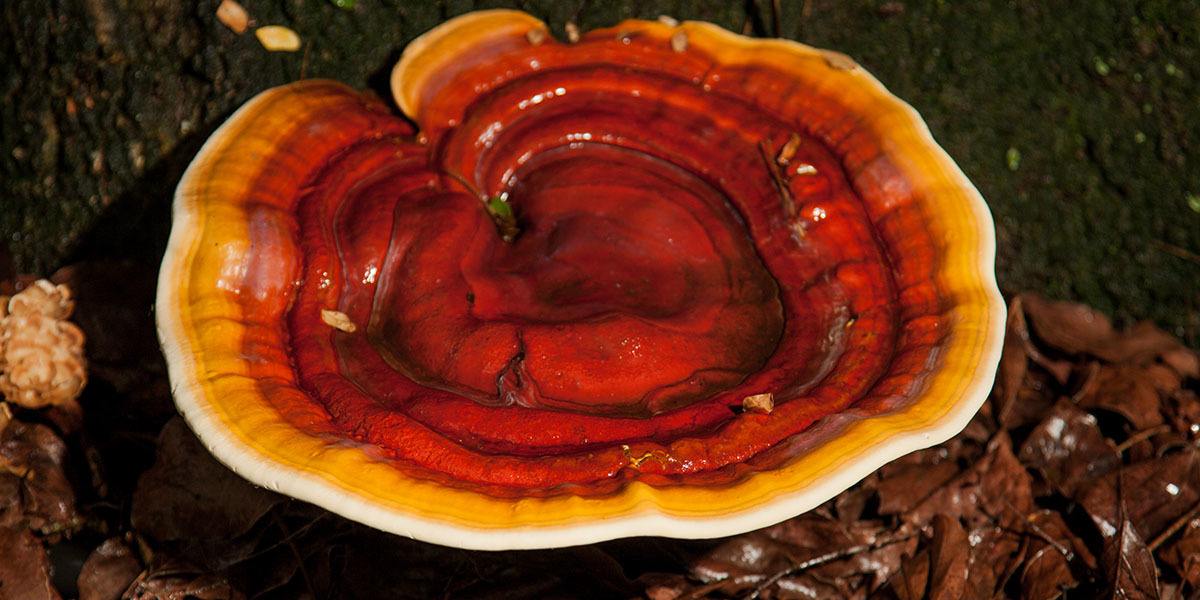
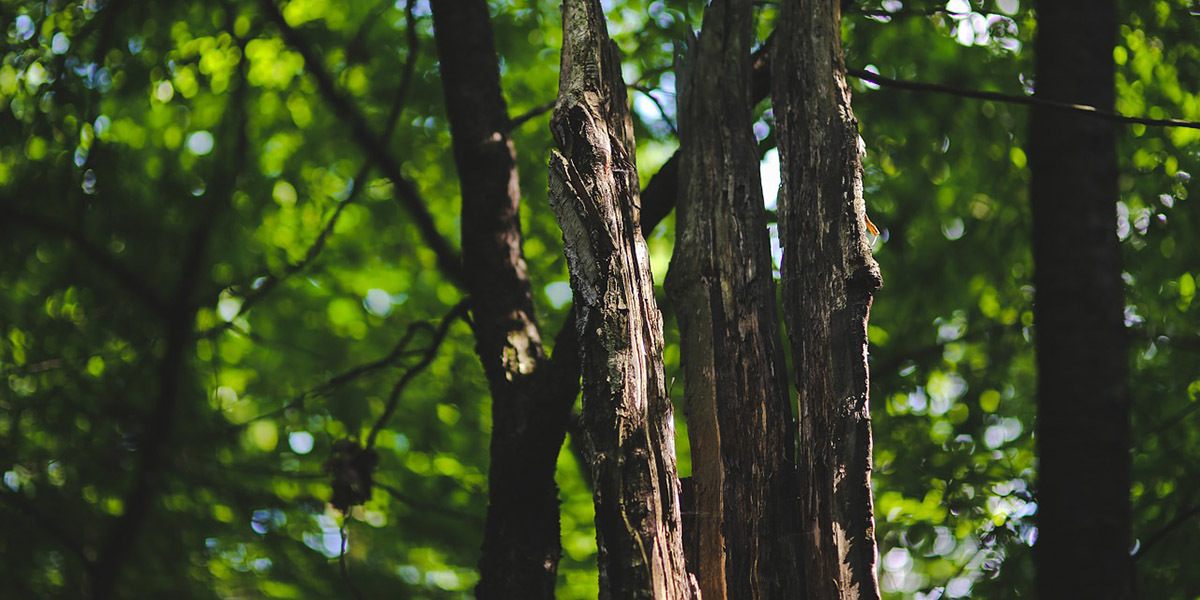
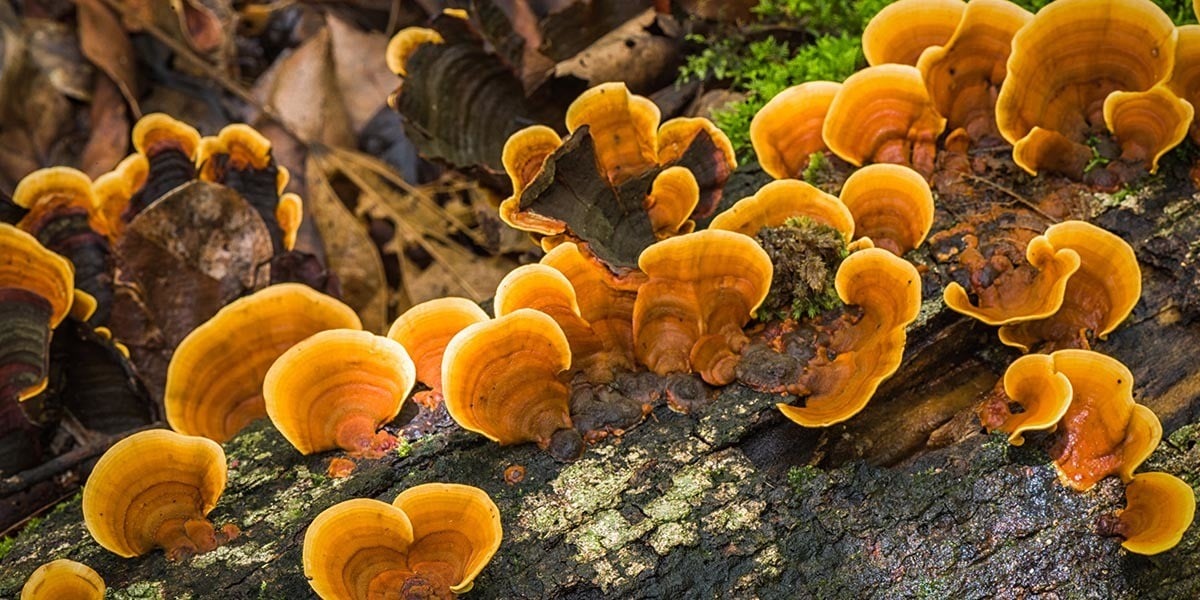
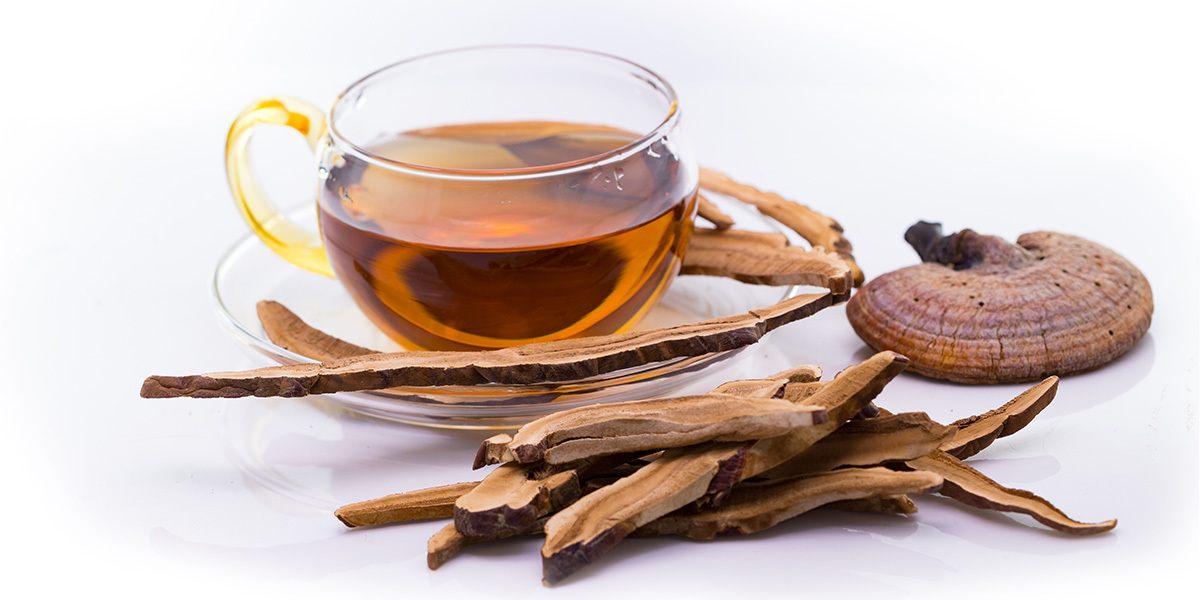

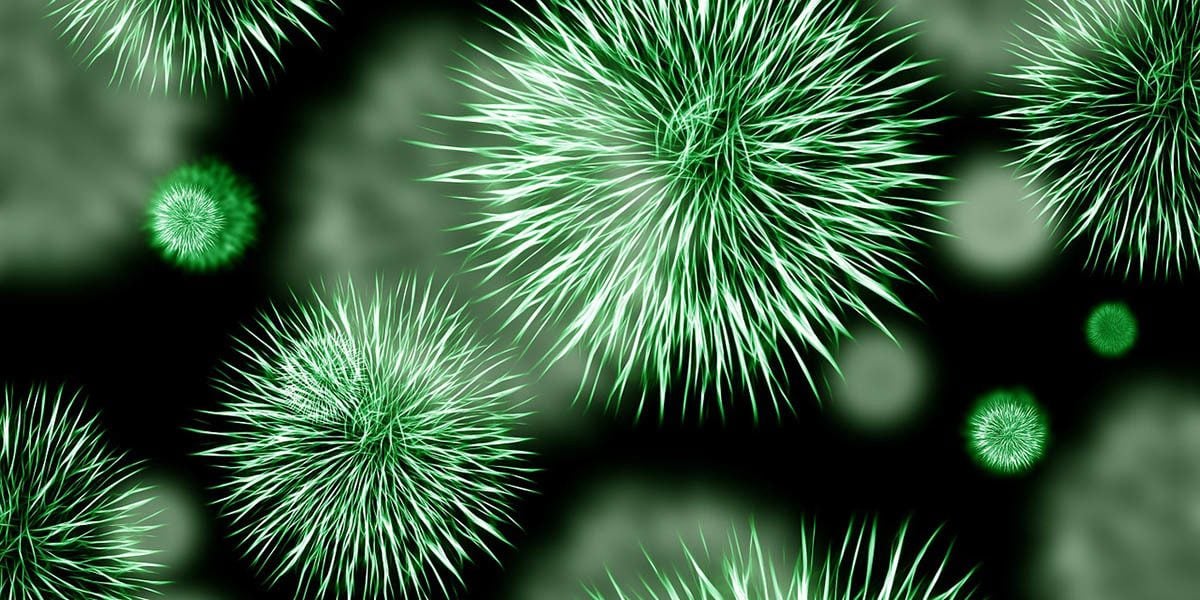





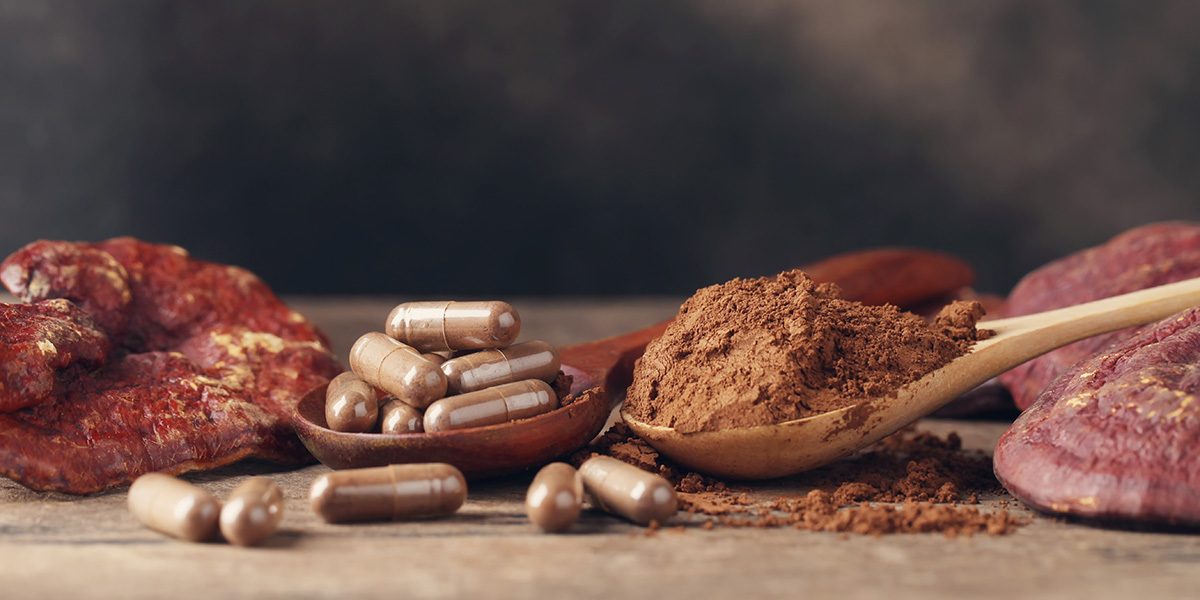
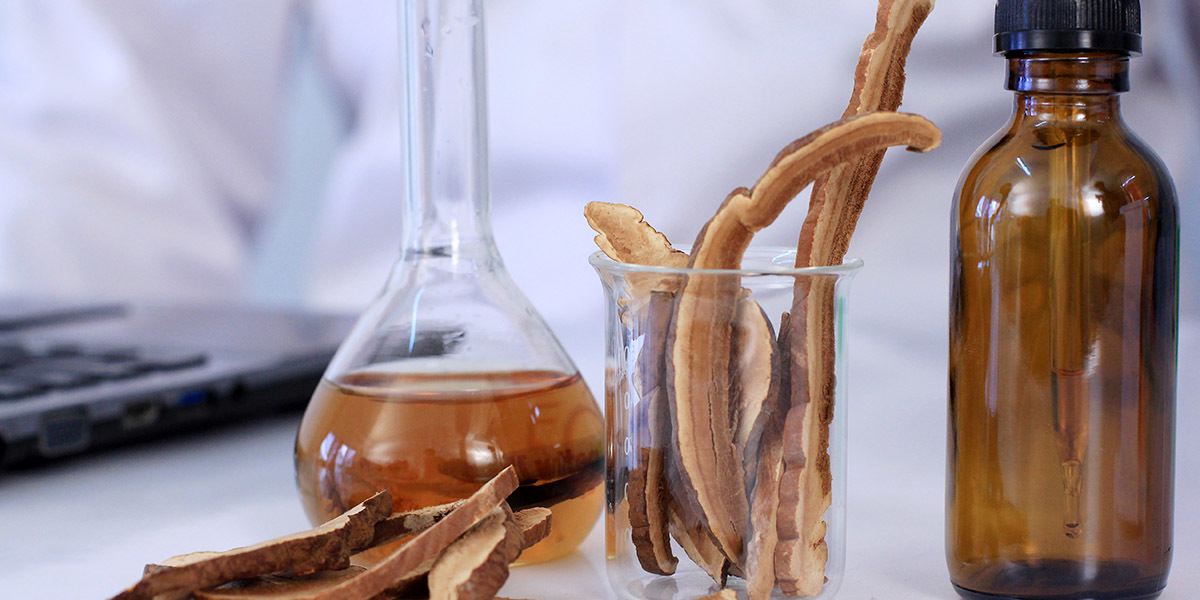

Pingback: Medicinal Mushrooms: The Complete Guide - GroCycle